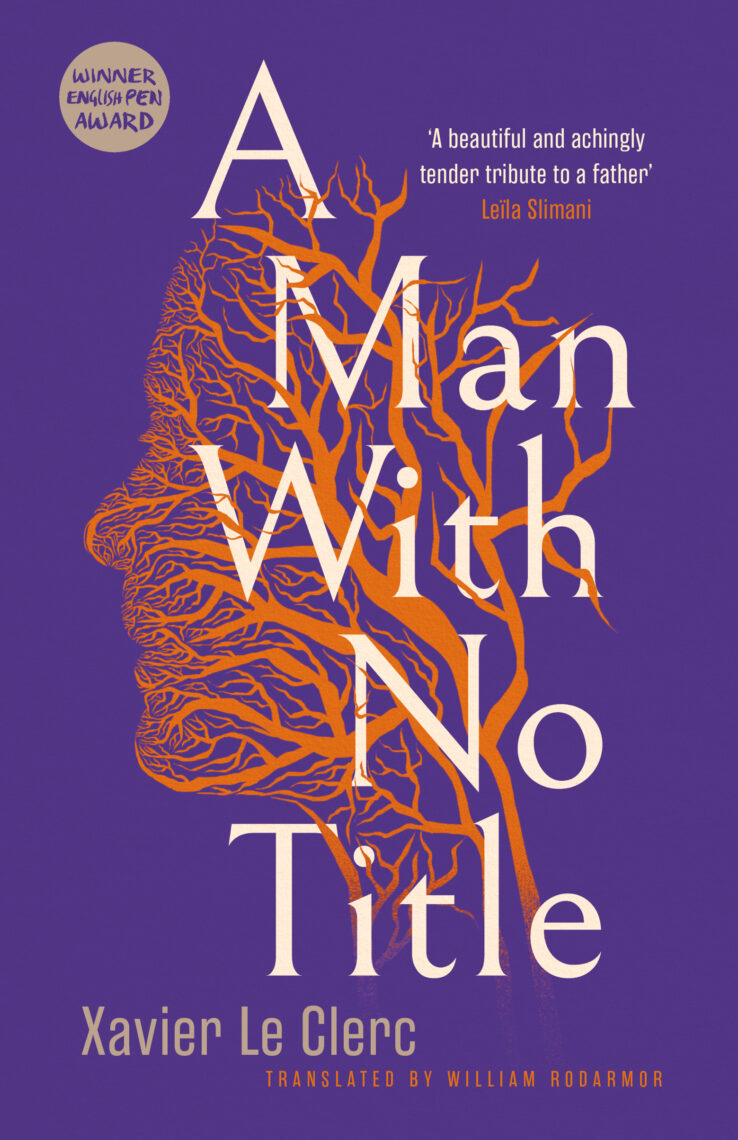
Chapter 18
Starting in the summer of 1995, by order of the prefecture, I carried a yellow card whenever I went out: a Document de circulation pour étranger mineur. This wasn’t as bad as it sounds, and was certainly no yellow star. Étranger only meant that in France, I was officially a foreigner. The term mineur, which referred to my youth, was more ambiguous. I heard those two words together as the sign of a double lack of significance: ‘foreigner,’ meaning a second-class citizen, joined with ‘minor,’ something of lesser importance. In other words, a minor, minuscule life. The minor foreigner label was printed black on yellow next to my photo on the laminated card – along with the name of my father and his culture.
Three years later in 1998, when I was eighteen, I submitted my application for naturalisation at the Caen prefecture. In addition to its usual meaning of granting nationality to a foreigner, the verb ‘to naturalise’ has a second meaning in French: it is what taxidermists do when they stuff a dead animal to make it look alive. The novelist Amin Maalouf, born in the land of cedars, had also been naturalised French. Even today, I choke up when I hear his rolling Lebanese accent. If I’m being honest, that’s because as a teenager, Maalouf represented the authority, serenity and erudition of a father I hadn’t been lucky enough to have. He was promoting his book Les identités meurtrières and certainly didn’t look like a sale arabe with nine children. Nor did he risk being accused of stealing bread from French mouths by an angry baker who refused to sell him ten baguettes at once. Everything about Maalouf said that he was a respectable and deeply respected Arab.
Between leading writing workshops in primary schools and managing an Internet café, I was earning a decent living. I had an apartment all to myself, with a honeycombshaped balcony, rented from the housing authority office. Also, I adopted a reddish kitten I named Solal in honour of the hero of an Albert Cohen novel, and also of my love for the sun. A whiff of scandal hung around my apartment, which my good Kabyle mum saw as a bachelor pad and refused to visit.
My building was in the leafy Bois neighbourhood, near the Carrefour business centre. I would occasionally run into my father there, begging for money from other chibanis to help get him through the month. I would interrupt and take him by the arm, as if I had something urgent to tell him, as if he too might be at the heart of something important. This ruffled the pride of the dismissed chibanis, who enjoyed the transient power of being moneylenders. I walked my father, who had never had a credit card, to the nearest ATM and withdrew the maximum amount allowed. Each time, I asked him not to say anything about it.
My father came to visit me just once and didn’t make a single criticism – far from it. In the kitchen, he silently checked to see that the cabinets held plenty of supplies. He cautiously opened the new refrigerator as if it were a large birdcage. My father, who had once been comforted by a nightingale’s song, seemed relieved that I had spread my wings.
Sitting next to me on the yellow leather sofa in the living room, he looked into the sugar bowl on the coffee table. He was used to white cubes and remarked on the sugar’s reddish colour, like my kitten. From the way he slowly twirled his spoon in the coffee while staring into space, he seemed deeply preoccupied. He spoke in a low voice, barely finishing his sentences, as if caught in a quicksand of discomfort.
In truth, I had never experienced him as other than preoccupied. But this time, he felt really abstracted, lost in some other country, in some other era. And there was nothing peaceful about his silence. It was more like a silent scream by Munch, echoing not on a bridge but from behind a thick wall, which his reserve only strengthened.
I often isolated myself to write, thinking of Franz Kafka’s Letter to My Father written in 1919 and never delivered during his lifetime. Kafka was twice as old as I was, with two failed marriages and a third attempt aborted because his father disapproved of his choice. The very reverential letter reveals his father’s tyranny and perversity. I found it impossible to articulate what I wanted to tell my own father, who wasn’t in the least perverse. I would start writing something, then find myself blocked. Besides, why write to him since he was illiterate? The idea of reading my letter aloud to him occurred to me, but that seemed silly. I didn’t want to deliver a speech or a summation. As a result, our dialogue remained infrequent, and only in Kabyle.
So there I was again, sitting beside him, wondering if he could hear me. And I drifted off into a void in turn, thinking back to his rages of old with his thousands of quills. They had almost amused me when I was a child and pained me much less than this heavy silence. At least his heart was still beating then, and the sun would come out after the storm.
My father had the incandescent eyes of an artist, blazing like a forest fire. A gaze that he would sometimes turn on us for a long time, as if he wanted to pierce our reality, our vulnerability, our essence. A gaze so persistent that it exasperated my mother, who would interrupt what she thought were reveries. In another life, would Mohand-Saïd have shaped clay onto a metal armature, in an attempt to capture and express that fleeting reality? Who knows whether he would become a sculptor, like Alberto Giacometti. I’m thinking of Walking Man, with its long, emaciated body, hollow chest forward, legs stiff and spread, who so resembled my father and his iron soul. When he was a child, Mohand-Saïd had experienced only skeletal figures and ever since had never stopped walking to survive, probably to collapse sooner or later.
My father, whom industrialists had ground down like some mineral, knew nothing about artistic creation. Clay was made to be shaped into amphoras and used to patch the roofs of Kabylia, paint to cover building facades, plaster to smooth walls under construction. As for bronze, he didn’t even know it was an alloy of copper and tin. All the sculptures that took the shape of my father’s interrogations, that might have been born from his hands, were melted down one after another in the foundry’s furnace and its red-hot lava.
***
Order the book here: Saqi Books
Excerpt from A MAN WITH NO TITLE published by Saqi Books. Copyright © by Éditions Gallimard, Paris, 2022, 2024 and translation by William Rodarmor 2024.


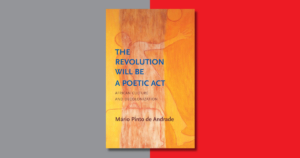
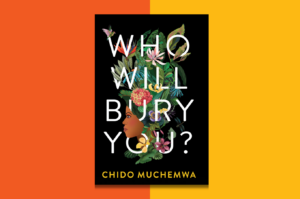
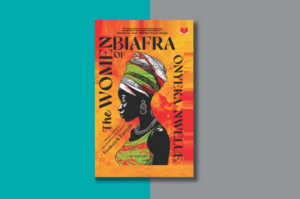
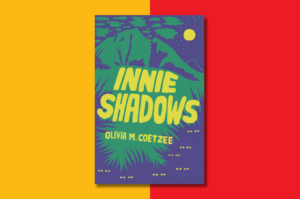
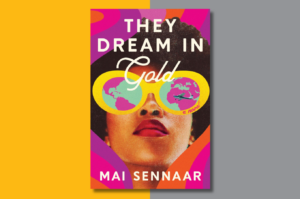
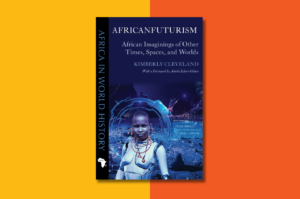

COMMENTS -
Reader Interactions